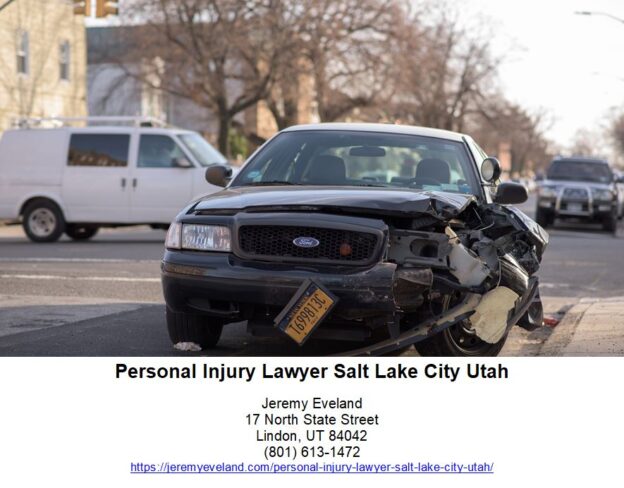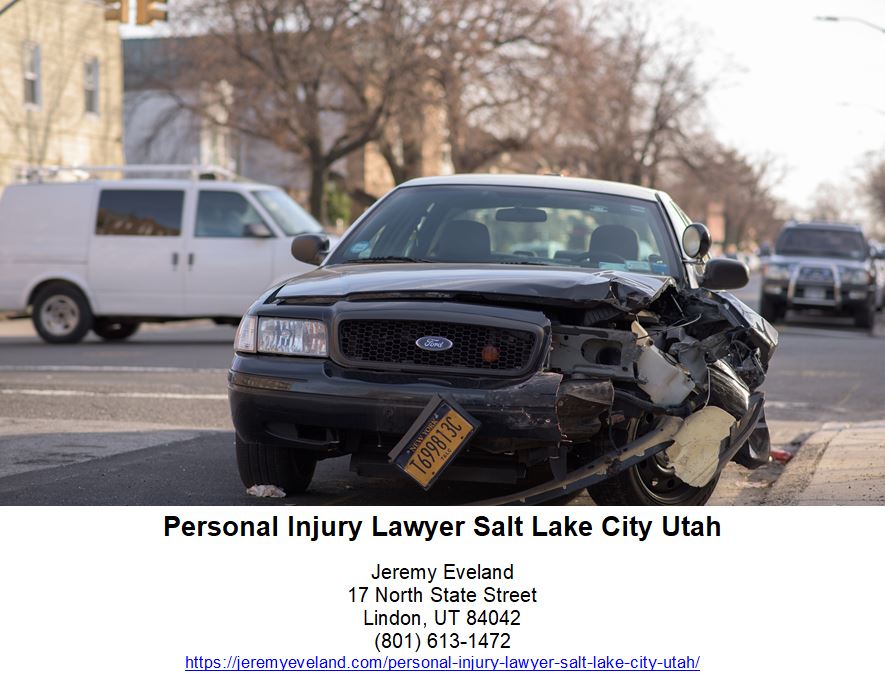Franchise Association Law
-
Attorney at Law
- Introduction
- Understanding the Benefits of Joining a Franchise Association
- Exploring the Different Types of Franchise Association Laws
- How to Choose the Right Franchise Association for Your Business
- The Pros and Cons of Franchise Association Membership
- Navigating the Legal Requirements of Franchise Association Membership
- Q&A
“Protecting Your Franchise Investment with Expert Franchise Association Law Advice”
Introduction
Franchise Association Law is a complex and ever-evolving area of law that governs the relationship between franchisors and franchisees. It is designed to protect the interests of both parties and ensure that the franchise relationship is fair and equitable. Franchise Association Law covers a wide range of topics, including franchise agreements, franchise disclosure documents, franchise fees, franchise renewals, and franchise termination. It also covers the rights and responsibilities of both franchisors and franchisees, as well as the legal remedies available to them in the event of a dispute. This introduction provides an overview of Franchise Association Law and its importance in the franchise industry.
Understanding the Benefits of Joining a Franchise Association
Joining a franchise association can be a great way to gain access to resources, support, and networking opportunities that can help you succeed in the franchise industry. Franchise associations provide a variety of benefits to their members, including access to industry-specific information, educational resources, and networking opportunities.
One of the primary benefits of joining a franchise association is access to industry-specific information. Franchise associations provide members with access to industry news, research, and other resources that can help them stay informed about the latest trends and developments in the franchise industry. This information can be invaluable for franchisees who are looking to stay ahead of the competition and make informed decisions about their business.
Franchise associations also provide members with access to educational resources. Many associations offer seminars, webinars, and other educational opportunities that can help franchisees stay up-to-date on the latest industry trends and best practices. These educational resources can be invaluable for franchisees who are looking to stay ahead of the competition and make informed decisions about their business.
Finally, franchise associations provide members with access to networking opportunities. Many associations host events and conferences that allow franchisees to meet and network with other franchisees and industry professionals. These networking opportunities can be invaluable for franchisees who are looking to build relationships and gain insights from experienced professionals.
In short, joining a franchise association can be a great way to gain access to resources, support, and networking opportunities that can help you succeed in the franchise industry. By taking advantage of the resources and networking opportunities provided by franchise associations, franchisees can stay informed about the latest industry trends and best practices, and build relationships with other franchisees and industry professionals.
Exploring the Different Types of Franchise Association Laws
Franchise associations are organizations that represent the interests of franchisors and franchisees. These associations are responsible for setting standards and regulations for the franchise industry, as well as providing resources and support to franchisees. As such, they play an important role in the success of the franchise industry.
There are several different types of franchise association laws that govern the franchise industry. These laws are designed to protect the interests of both franchisors and franchisees, and to ensure that the franchise industry operates in a fair and equitable manner.
The first type of franchise association law is the Franchise Disclosure Document (FDD). This document is required by the Federal Trade Commission (FTC) and must be provided to prospective franchisees prior to signing a franchise agreement. The FDD contains important information about the franchise, including the franchisor’s business history, financial performance, and the terms and conditions of the franchise agreement.
The second type of franchise association law is the Franchise Rule. This rule is designed to protect franchisees from unfair or deceptive practices by franchisors. It requires franchisors to provide prospective franchisees with certain information, such as the franchisor’s financial performance, the terms and conditions of the franchise agreement, and the franchisor’s dispute resolution process.
The third type of franchise association law is the Franchise Relationship Law. This law is designed to ensure that franchisors and franchisees have a fair and equitable relationship. It requires franchisors to provide franchisees with certain rights, such as the right to terminate the franchise agreement without cause, the right to receive financial information from the franchisor, and the right to receive fair compensation for services rendered.
Finally, the fourth type of franchise association law is the Franchisee Bill of Rights. This law is designed to protect franchisees from unfair or deceptive practices by franchisors. It requires franchisors to provide franchisees with certain rights, such as the right to receive financial information from the franchisor, the right to terminate the franchise agreement without cause, and the right to receive fair compensation for services rendered.
These are just a few of the different types of franchise association laws that govern the franchise industry. It is important for both franchisors and franchisees to understand these laws in order to ensure that their franchise relationship is fair and equitable.
How to Choose the Right Franchise Association for Your Business
Choosing the right franchise association for your business is an important decision that can have a significant impact on the success of your venture. A franchise association is a professional organization that provides support and resources to franchisors and franchisees. It can help you stay informed about industry trends, connect with other franchisees, and access valuable resources.
When selecting a franchise association, it is important to consider the organization’s size, scope, and services. A larger association may offer more resources and support, but may also be more expensive. A smaller association may be more affordable, but may not have the same level of resources and support. It is also important to consider the association’s reputation and track record. Look for an organization that has a good reputation in the industry and has a history of helping its members succeed.
It is also important to consider the association’s membership requirements. Some associations may require a certain level of experience or financial commitment. Others may require a certain amount of training or certification. Make sure you understand the requirements before joining an association.
Finally, consider the association’s fees and services. Some associations may charge an annual fee, while others may offer discounts or other incentives. Make sure you understand the fees and services offered before joining an association.
By taking the time to research and compare different franchise associations, you can ensure that you select the right one for your business. Doing so will help you access the resources and support you need to succeed.
The Pros and Cons of Franchise Association Membership
Franchise association membership can be a great way for franchisees to stay informed and connected to the industry. However, it is important to weigh the pros and cons of joining a franchise association before making a decision.
Pros
1. Access to Resources: Franchise associations provide members with access to a wealth of resources, including industry news, legal advice, and educational materials. This can be invaluable for franchisees who are looking to stay up-to-date on the latest developments in the industry.
2. Networking Opportunities: Franchise associations offer members the chance to network with other franchisees and industry professionals. This can be a great way to make connections and learn from the experiences of others.
3. Advocacy: Franchise associations are often involved in advocating for the rights of franchisees. This can include lobbying for legislation that is beneficial to franchisees, as well as providing support in disputes with franchisors.
Cons
1. Cost: Joining a franchise association can be expensive, as there are often membership fees and other costs associated with membership.
2. Time Commitment: Franchise associations often require members to attend meetings and participate in activities. This can be time-consuming and may not be feasible for franchisees with busy schedules.
3. Limited Representation: Franchise associations may not represent the interests of all franchisees, as they may focus on certain types of franchises or geographic areas.
In conclusion, franchise association membership can be a great way for franchisees to stay informed and connected to the industry. However, it is important to consider the pros and cons before making a decision.
Navigating the Legal Requirements of Franchise Association Membership
Franchise associations are organizations that provide support and resources to franchisors and franchisees. Membership in a franchise association can provide a number of benefits, including access to industry-specific information, networking opportunities, and legal advice. However, there are a number of legal requirements that must be met in order to become a member of a franchise association.
The first step in joining a franchise association is to determine which association is the best fit for your business. Different associations have different requirements for membership, so it is important to research the various associations and determine which one is the best fit for your business.
Once you have chosen an association, you will need to complete the application process. This process typically includes providing information about your business, such as the type of franchise you operate, the number of locations, and the number of employees. You may also be required to provide financial information, such as your annual revenue and profit margins.
Once your application is approved, you will need to pay the membership fee. This fee is typically based on the size of your business and the type of services you are requesting.
Once you have become a member of a franchise association, you will need to comply with the association’s rules and regulations. These rules and regulations may include requirements for reporting financial information, maintaining certain standards of conduct, and participating in certain activities.
Finally, you will need to stay up to date on any changes to the association’s rules and regulations. It is important to review the association’s website regularly to ensure that you are aware of any changes that may affect your business.
Navigating the legal requirements of franchise association membership can be a complex process. However, by researching the various associations and understanding the requirements for membership, you can ensure that your business is in compliance with the association’s rules and regulations. This will help you take advantage of the many benefits that membership in a franchise association can provide.
Q&A
1. What is a Franchise Association?
A Franchise Association is an organization that provides support and resources to franchisors and franchisees. It is a non-profit organization that works to protect the interests of both parties in the franchise relationship.
2. What are the benefits of joining a Franchise Association?
The benefits of joining a Franchise Association include access to resources, networking opportunities, and legal advice. It also provides a platform for franchisors and franchisees to share best practices and discuss industry trends.
3. What are the responsibilities of a Franchise Association?
The responsibilities of a Franchise Association include advocating for the interests of franchisors and franchisees, providing educational resources, and promoting ethical business practices. It also works to ensure that franchise agreements are fair and equitable.
4. What is the role of the government in Franchise Association Law?
The government plays an important role in Franchise Association Law by setting standards and regulations that must be followed by franchisors and franchisees. It also provides oversight to ensure that the rights of both parties are protected.
5. What are some common issues addressed by Franchise Association Law?
Common issues addressed by Franchise Association Law include franchise fees, royalty payments, disclosure requirements, and termination rights. It also covers topics such as trademark protection, advertising, and dispute resolution.
Franchise Association Law Consultation
When you need legal help with Franchise Association Law call Jeremy D. Eveland, MBA, JD (801) 613-1472 for a consultation.
Jeremy Eveland
17 North State Street
Lindon UT 84042
(801) 613-1472
Related Posts
Estate Planning Lawyer Salt Lake City Utah
Business Succession Lawyer Bountiful Utah










